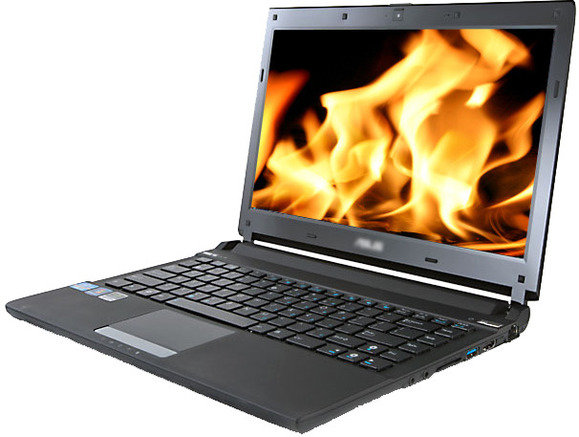Keep Computers from Overheating
Posted: June 08, 2015
[caption id="attachment_12332" align="alignright" width="301"] Image from pcworld.com[/caption]
When a PC overheats, it can wreak havoc — causing anything from performance issues to a complete crash. Computers will often shut themselves down as a protective measure, but you want to fix the underlying cause right away. Once you diagnose an overheating issue, taking these steps can help prevent future overheating and damage.
Lincoln Spector, writer for PC World, shares how to fix if your PC is overheating.
Image from pcworld.com[/caption]
When a PC overheats, it can wreak havoc — causing anything from performance issues to a complete crash. Computers will often shut themselves down as a protective measure, but you want to fix the underlying cause right away. Once you diagnose an overheating issue, taking these steps can help prevent future overheating and damage.
Lincoln Spector, writer for PC World, shares how to fix if your PC is overheating.
Computer shutting down on its own? Maybe it's time to play it cool.
Chips and hard drives use electricity, and therefore generate heat. That heat can seriously damage the circuits inside your PC. Luckily, the computer is smart enough to shut itself down when it gets too hot, protecting itself from permanent damage. A PC that suddenly shuts itself down may be a lesser evil, but it’s still something you want to avoid.ADVERTISING